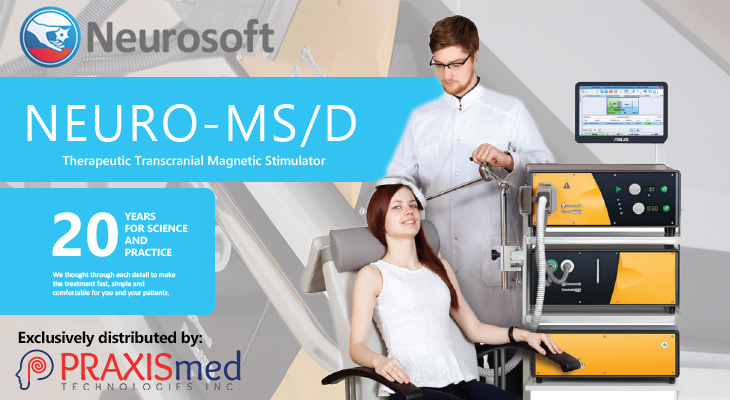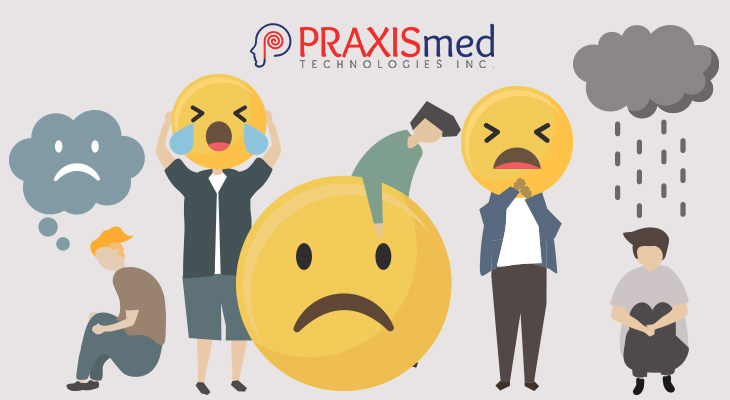A common medical illness worldwide, which according to the World Health Organization affects more than 264 million people. Depression causes feelings of sadness and loss of interest in everyday activities. It can also lessen a person’s ability to function at work and home. Worst thing that may occur is it may lead to suicide.
Although there are known, effective treatments for mental disorders, between 76% and 85% of people in low- and middle-income countries receive no treatment for their disorder. Barriers to effective care include a lack of resources, lack of trained health-care providers and social stigma associated with mental disorders. Another barrier to effective care is inaccurate assessment. In countries of all income levels, people who are depressed are often not correctly diagnosed, and others who do not have the disorder are too often misdiagnosed and prescribed antidepressants.
TREATMENT
There are effective treatments for moderate and severe depression. Health-care providers may offer psychological treatments such as:
- a. Behavioral activation
- b. Cognitive Behavioral Therapy (CBT)
- c. Interpersonal psychotherapy (IPT)
- d. Antidepressant medication such as selective serotonin reuptake inhibitors (SSRIs) and tricyclic antidepressants (TCAs)
Health-care providers should keep in mind the possible adverse effects associated with antidepressant medication, the ability to deliver either intervention (in terms of expertise, and/or treatment availability), and individual preferences. Different psychological treatment formats for consideration include individual and/or group face-to-face psychological treatments delivered by professionals and supervised lay therapists.
Psychosocial treatments are also effective for mild depression. Antidepressants can be an effective form of treatment for moderate-severe depression but are not the first line of treatment for cases of mild depression. They should not be used for treating depression in children and are not the first line of treatment in adolescents, among whom they should be used with extra caution.

There is also another FDA-approved treatment for Depression which is the Transcranial Magnetic Stimulation (TMS). Since there is a clinical need for additional antidepressant treatments, in 2008, the U.S. Food and Drug Administration (FDA) approved the use of repetitive Transcranial Magnetic Stimulation (rTMS) as a safe, non-invasive neuromodulation therapy for major depressive disorder (MDD). It is applied over the prefrontal cortex and induces a magnetic field that results in the depolarization of underlying neurons and the modulation of the neural circuitry involved in emotion regulation and depressive symptoms. It is also found to be cost-effective to patients with MDD who found no benefit from antidepressant pharmacotherapy.
1. World Health Organization, “Depression”, January 30, 2020,
2. National Center for Biotechnology Information, U.S. National Library of Medicine, J Clin Psychiatry, “Consensus Recommendations for the Clinical Application of Repetitive Transcranial Magnetic Stimulation (rTMS) in the Treatment of Depression”, January 2018,
For product questions or inquiries please contact at us:
Contact: +63 (02) 7585-0366
Email: +63 (02) 7585-0366
Facebook Messenger: Praxismeditech

